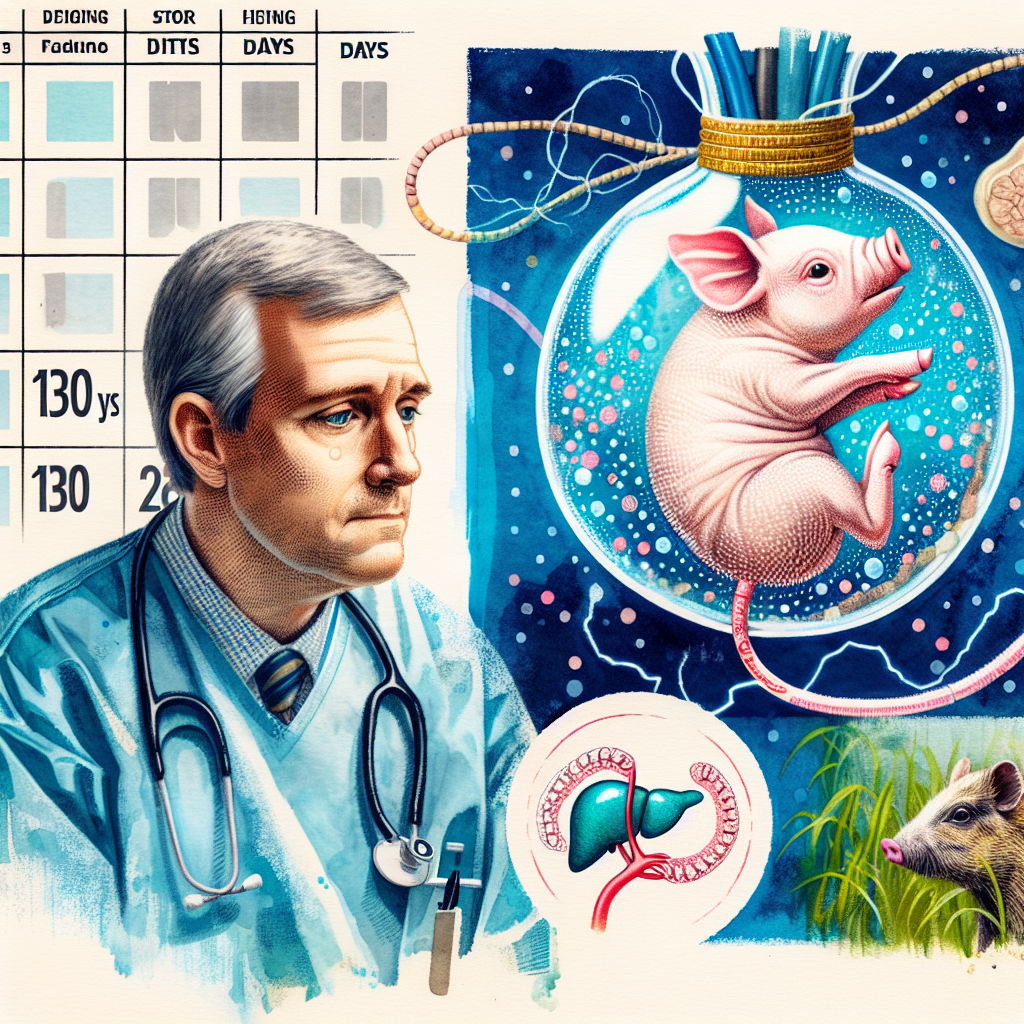US Woman’s 130-Day Journey with Pig Kidney Ends Due to Organ Rejection
US Woman’s 130-Day Journey with Pig Kidney Ends Due to Organ Rejection
Introduction
A groundbreaking medical experiment involving a US woman who received a pig kidney transplant has concluded after 130 days due to organ rejection. This case has provided valuable insights into xenotransplantation, a field that explores the use of animal organs for human transplants.
Key Highlights
- Experimental Procedure: The woman, who was brain-dead, received a genetically modified pig kidney as part of a research study aimed at addressing the shortage of human organs for transplantation.
- Duration of Function: The pig kidney functioned effectively for 130 days, marking a significant milestone in xenotransplantation research.
- Organ Rejection: The experiment ended when the kidney was rejected by the woman’s body, a common challenge in transplant procedures.
Scientific Insights
The study provided crucial data on how pig organs can be adapted for human use, including:
- Genetic Modifications: The pig kidney was genetically altered to reduce the likelihood of rejection, offering insights into future genetic engineering techniques.
- Immune Response: Researchers gained a better understanding of the human immune system’s response to animal organs, which is vital for improving transplant success rates.
Implications for the Future
This experiment has paved the way for further research and potential clinical trials involving xenotransplantation. The findings could eventually lead to more sustainable solutions for organ shortages.
Conclusion
The 130-day journey of the pig kidney transplant in a US woman has ended due to organ rejection, but it has provided invaluable insights into the potential of xenotransplantation. The study highlights the promise and challenges of using animal organs in human medicine, offering hope for future advancements in addressing organ shortages.






































